Are Pigos any better?
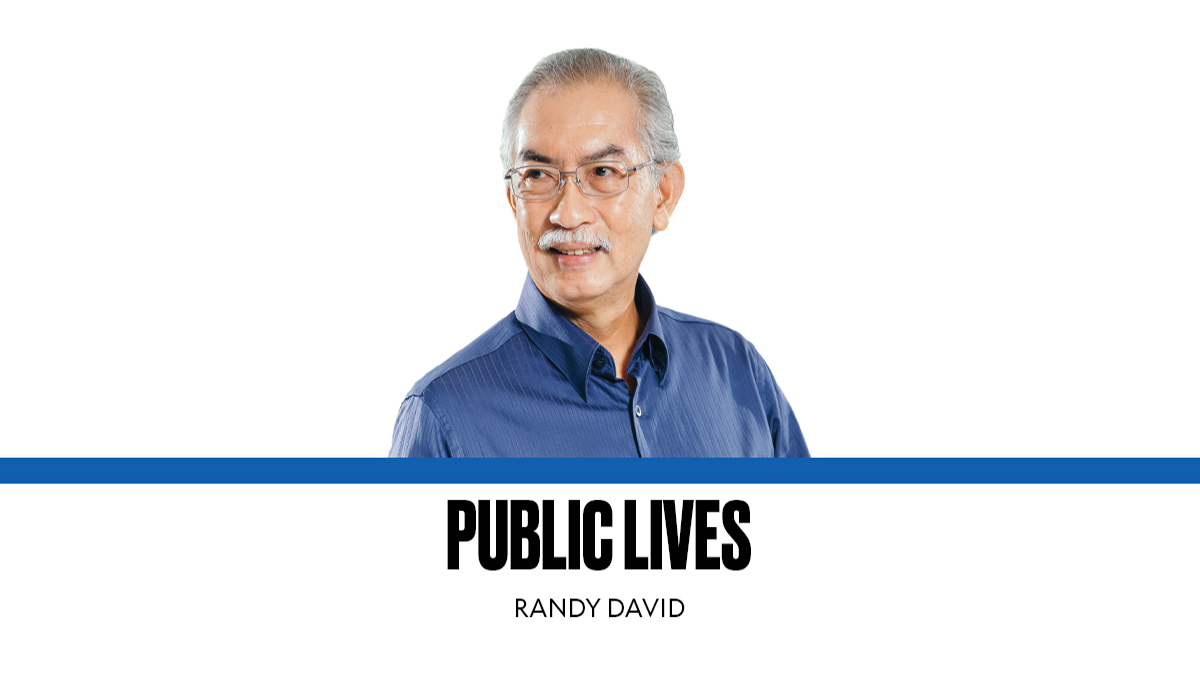
By now, Filipinos are well acquainted with Philippine offshore gaming operators, better known as Pogos, particularly after President Marcos Jr. banned them to loud applause during his 2024 State of the Nation Address. Although Pogos catered mainly to foreign gamblers, they became synonymous with criminal activities—money laundering, human trafficking, fraud, and financial scams. Most have exited the country, though some reports indicate that many have merely changed form.
Less familiar, though increasingly visible due to aggressive advertising, are their domestic counterparts: Philippine inland gaming operators, or Pigos. Unlike Pogos, Pigos actively court Filipino gamblers. Among them are online extensions of established casino giants—Solaire, Okada, Resorts World, Thunderbird—and the noncasino entity Bingo Plus, owned by DigiPlus Interactive Corp. through AB Leisure Exponent Inc., a major operator of traditional bingo halls.
In under a year, the number of Pigos has nearly doubled, driven by the Philippine Gaming Corp’s (Pagcor) reduction of gaming taxes—a deliberate attempt to entice underground operators to register themselves. From 44 licensed PIGOs in June 2024, the total surged to 73 by March 31, 2025.
Most new licensees—61, according to Pagcor—are categorized merely as “service providers.” They offer a wide array of online gambling options, including eCasino, sports betting, specialty games, and eBingo. Companies such as Jade Entertainment and Gaming Technologies Inc., PhilWeb Corp., and Total Gamezone Xtreme Inc. operate discreetly behind their gaming brands.
Given the lucrative profits gambling generates, it’s not surprising to see prominent business groups quietly backing these ventures. Indeed, the Philippines is notoriously permissive toward gambling, standing out in Southeast Asia for its uniquely loose regulatory framework, fragmented oversight, and chronic fiscal deficits. It has thus become a convenient testing ground for global gaming interests.
Elsewhere in the region, attitudes toward gambling sharply differ. In Singapore, casino operations are tightly regulated and strictly limited, explicitly designed to safeguard public welfare. Its meticulous approach is recognized as a regional gold standard, prioritizing social well-being over profits. Malaysia restricts gambling and entirely prohibits it for Muslim citizens, while Thailand, Vietnam, and Brunei either ban gambling outright or strictly regulate it. Indonesia enforces absolute prohibition through both Sharia law and national legislation, proactively blocking online gambling sites.
Contrast these careful, protective frameworks with the Philippines’ growing dependence on gambling as a source of jobs and revenues—now the country’s third-largest revenue stream after the Bureau of Internal Revenue and the Bureau of Customs. At the recent Asean Gaming Summit in Manila, Pagcor chair and CEO Alejandro Tengco proudly announced that despite the ban on Pogos, gross gaming revenue rose by 25 percent in 2024, reaching P410 billion.
“As offshore gaming exits,” Tengco declared, “Pagcor recognizes that the future of Philippine gaming will become even more technology-driven.” Clearly, the envisioned future relies on aggressively expanding domestic online gambling. Tengco assured listeners that Pagcor would closely regulate electronic gaming to suppress illegal operations.
Yet conspicuously absent from his assurances—aside from a cursory nod to “responsible gaming”—was a meaningful discussion of gambling’s potential social harms. Online gambling, anonymous and accessible around the clock, exponentially increases risks of addiction and exploitation. Pagcor’s mandate remains disturbingly silent on the need to rigorously monitor these destructive social consequences and to establish robust safeguards against addiction and related crimes.
As Pigos swiftly fill the void left by Pogos, the Philippines risks repeating past mistakes—inviting another cycle of addiction, exploitation, and corruption. We urgently need a thoughtful, transparent, and humane gambling policy. Before we embrace this rapid expansion of online betting, we must honestly confront its potential harms. Only then can we meaningfully say whether Pigos represent an improvement—or simply a dangerous reincarnation of a familiar threat.
—————-
public.lives@gmail.com














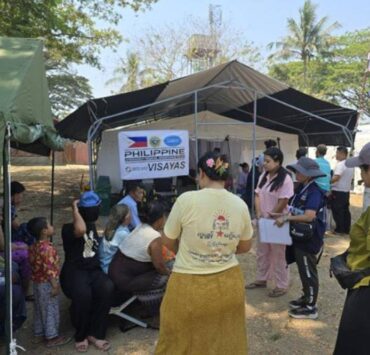

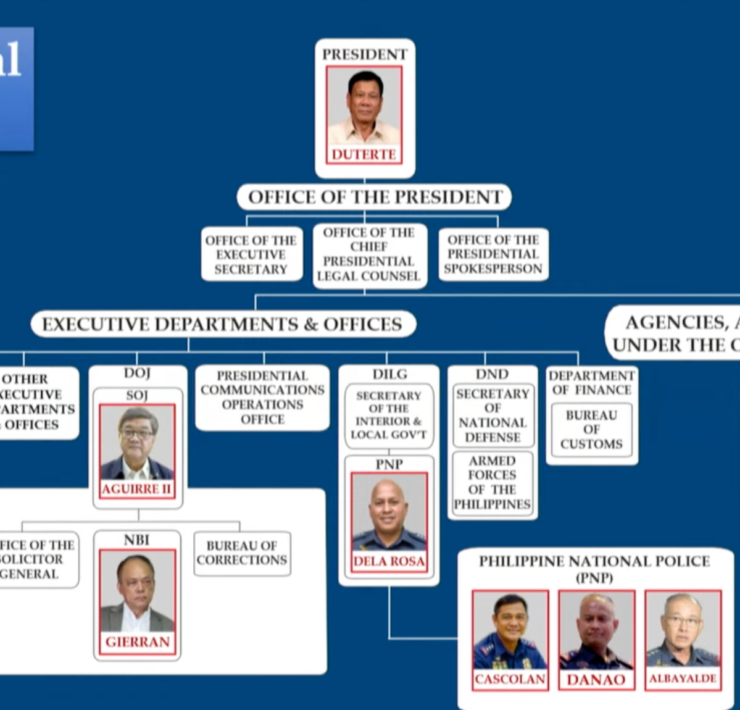
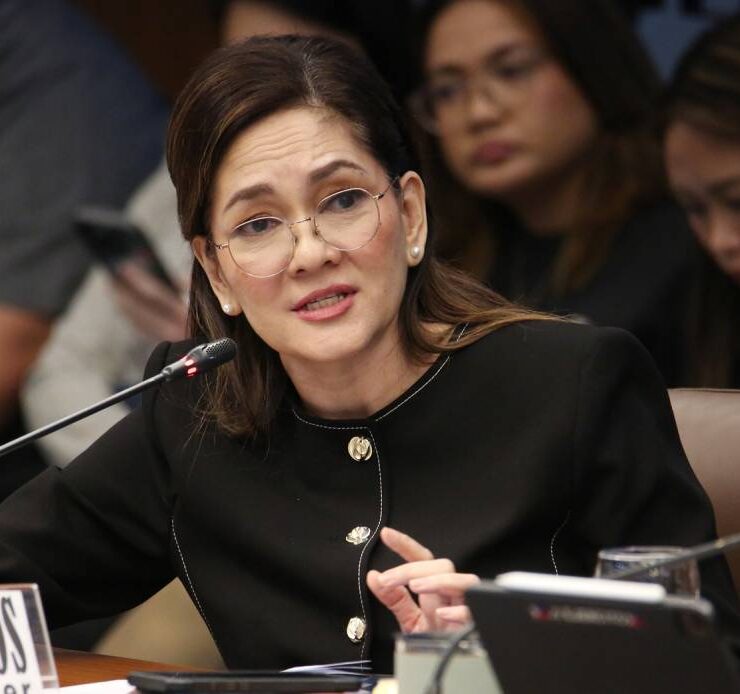
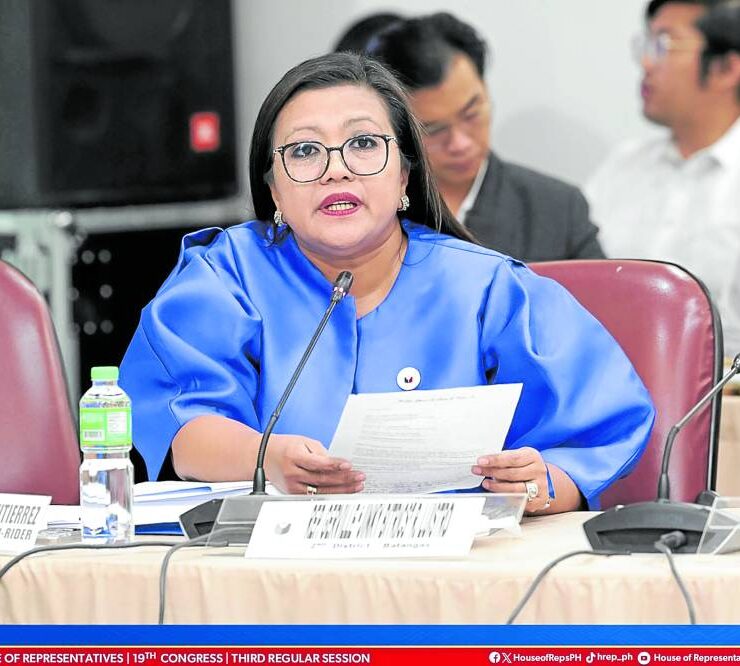


Defending Beijing is betraying our nation